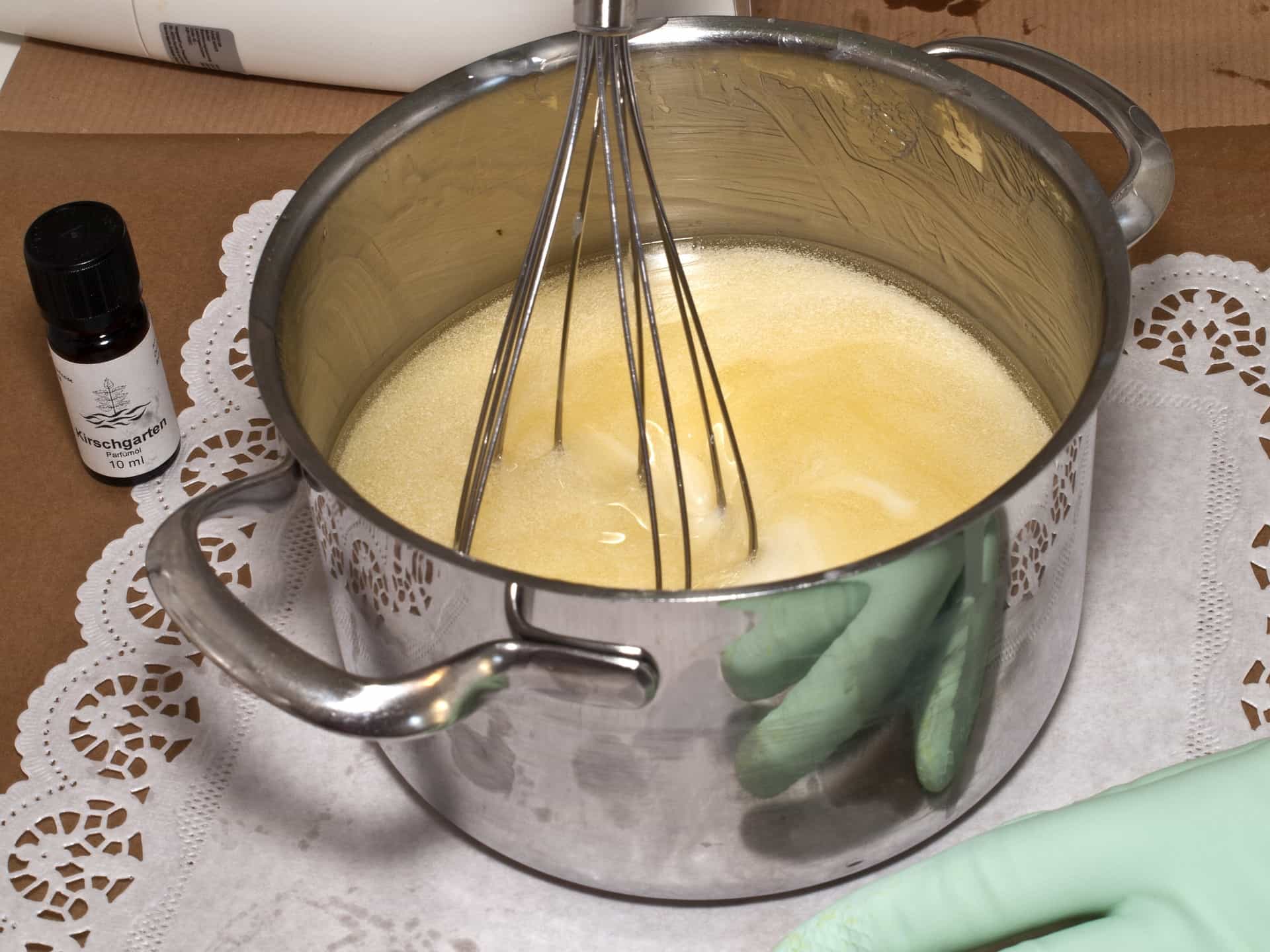Most of the anger of obesity and patients with heart disease comes down to ghee. In Ayurveda, it is written that ghee is like medicine. This is an ancient sattvic diet. The Vata and pitta are best for pacifying and also balancing the cough. Desi Ghee provides healthy fat. Healthy fat is necessary to provide strength to the liver and immune system.
Homemade ghee is better than adulterated ghee available in the market. This is completely saturated fat. It is unhealthy to have so much unadulterated polyunsaturated fat in the ghee, as peroxides and other free radicals are released. Many diseases and problems arise due to these substances. It also means that all oily oils are more harmful to health. So, Let’s have a look at the amazing ghee benefits.
Is Ghee Beneficial? What are Ghee health benefits?
The case of Ghee is a bit different. That is because the boiling point of ghee is much higher than other fats. It does not burn easily while cooking. In ghee, stable saturated bonds are very high, which reduces the possibility of emission of free radicals. The human body can digest the fatty acid chain of ghee very quickly. Till now everyone was explaining that ghee is the biggest root cause of diseases. But there are more benefits of ghee rather than cons.

How Ghee can Reduce the cholesterol
According to scientific studies, Ghee can reduce cholesterol in the blood and intestines because ghee boosts the flow of bilateral lipids. Ghee is considered to be the best medicine for the system of the brain. This reduces the stress on the eyes. So it is also useful for patients with glaucoma. This information may have given you a surprise. Ghee can Increase the progression of significant acids required for processing. It is a rich wellspring of enemies of oxidants and consequently, it helps in dousing the nutrients and minerals from different eatables.
Related: Some of the Best Sources of Protein
Ghee is also helpful for developing memory glands and can enhance the power of learning. But note that if someone is suffering from high cholesterol then they have to avoid intake of ghee
-Remember this
7 Major Ghee Health Benefits
Ghee, a type of clarified butter, has been used in traditional Ayurvedic medicine for centuries and is known for its potential health benefits. Here are some of the potential health benefits associated with ghee:
- Nutrient-rich: Ghee is a concentrated source of fat-soluble vitamins such as vitamin A, vitamin E, and vitamin K. These vitamins play essential roles in various bodily functions, including vision, immune function, and blood clotting.
- High smoke point: Ghee is a cooking oil that’s an excellent choice for sautéing, frying, and deep frying, owing to its high smoke point. It’s able to endure intense heat without degrading or generating harmful compounds.
- Lactose and casein-free: Ghee is made by removing the milk solids and water from butter, making it virtually free of lactose and casein. This makes ghee a potential alternative for individuals with lactose intolerance or milk allergies.
- Rich in butyric acid: Ghee contains a significant amount of butyric acid, a short-chain fatty acid that is believed to have anti-inflammatory and digestive health benefits. Butyric acid has been shown to support gut health by nourishing the cells of the intestinal lining and promoting a healthy balance of bacteria in the gut.
- Antioxidant properties: Ghee contains antioxidants like vitamin E and beta-carotene, which can help protect the body against oxidative stress and cellular damage caused by free radicals.
- Potential for aiding digestion: Ayurvedic medicine suggests that ghee can help stimulate the digestive system and improve nutrient absorption. It is believed to stimulate the secretion of stomach acids and enzymes, aiding in the breakdown and digestion of food.
- Skin and hair benefits: Ghee is often used topically in traditional practices to moisturize and nourish the skin and hair. Its high-fat content can help hydrate and improve the appearance of the skin, and it is sometimes used in natural skincare remedies.
While there are benefits of ghee, it is important to remember that it’s a high-fat food and moderation is key. With its calorie-dense nature, it’s crucial to maintain a balanced dietary intake that caters to your individual health needs.
Whether to eat ghee or not
So If you are healthy, then yes you can have ghee every day. Instead of having Butter, go for ghee. In Ancient Ayurveda, it has been taken for treatment of infections like ulcers, stoppage, or illnesses identified with the eyes. Along these lines, no ifs or buts, you should add ghee to your nourishment.
Precautions to take:
Make a point to deliver and have ghee of dairy animal’s milk as it were. As per the examinations, ghee from bovine milk has less fat and incentive than wild ox milk. In the event that you think your safe framework can’t solid, at that point take ghee in a constrained amount as it were. Try not to take ghee with each supper. The overabundance of anything can’t help well-being.
Side effects of ghee
While ghee is generally well-tolerated by most individuals, it’s important to be aware of potential side effects, especially if consumed in excessive amounts. Here are some possible side effects associated with ghee:
- High in calories: Ghee is calorie-dense, with approximately 120 calories per tablespoon. Consuming excessive amounts of ghee can contribute to weight gain and may not be suitable for individuals on a calorie-restricted diet.
- High in saturated fat: Ghee is primarily composed of saturated fats. While some studies suggest that moderate consumption of saturated fats may not be as detrimental to health as once thought, excessive intake of saturated fats can increase cholesterol levels and potentially raise the risk of cardiovascular diseases.
- Digestive discomfort: Ghee is a concentrated source of fat, and consuming large quantities or consuming it in combination with a high-fat diet may cause digestive issues such as bloating, diarrhea, or stomach discomfort, particularly in individuals with sensitive digestive systems.
While ghee may be well-tolerated by some individuals, others may be more sensitive to its effects. Achieving the right balance in its incorporation into the diet is crucial, and moderation should be emphasized.




